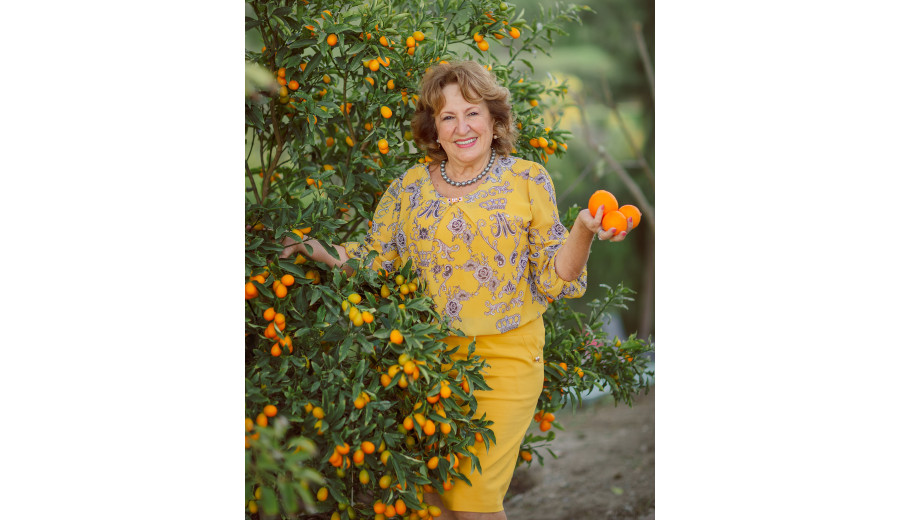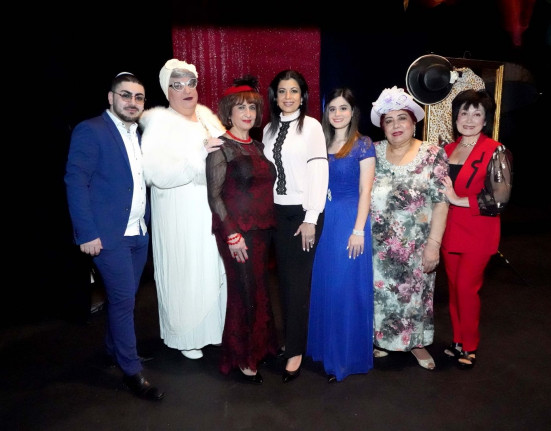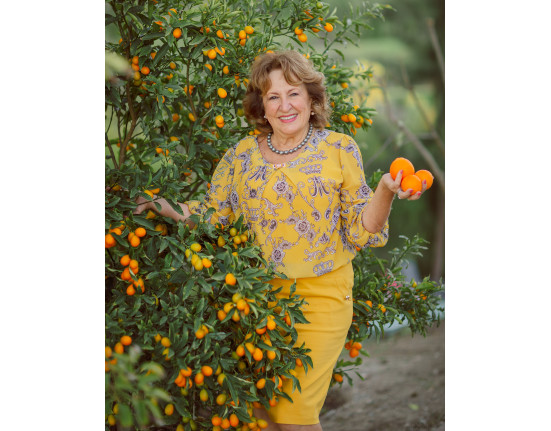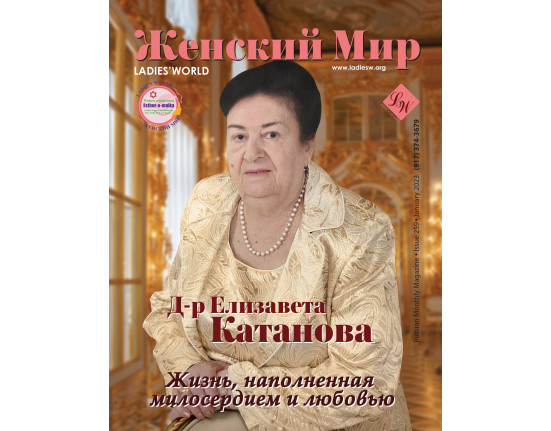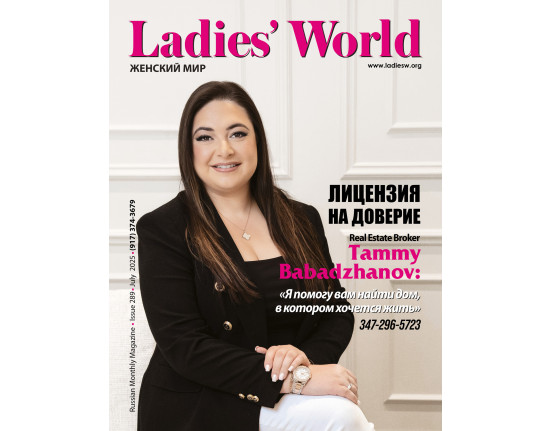Иногда мне кажется, что эта короткая фраза – «А что скажут люди?» –
управляет жизнями сильнее, чем законы гравитации. Мы думаем одно, чувствуем
другое, хотим третье – но поступаем так, как «принято». Или так, как от нас
ожидают.
В тесных сообществах, вроде нашего, где все друг друга знают, влияние общественного мнения особенно
сильно. Оно буквально
вплетено в нашу повседневность, пронизывает каждый аспект жизни. Оно диктует,
как мы одеваемся, как воспитываем детей, кого зовем на торжества, как
празднуем, сколько дарим, как женим и как хороним. И очень часто – не потому,
что именно так нам хочется, а потому что «так делают все».
С самого детства нам внушали: не выделяйся, будь скромным, не позорь
семью, думай, как это выглядит со стороны. Эти установки, безусловно, помогали
воспитывать в нас уважение к традициям и людям. Но, как и у любой медали, здесь
есть обратная сторона: нас учили жить не по внутреннему компасу, а по внешней
линейке. И вот мы давно выросли, а страх быть собой остался. Мы боимся не
бедности, не болезней, не одиночества. Мы боимся неодобрения. Насмешки. Шепота
за спиной.
Недавно моя подруга призналась, что, готовясь к свадьбе дочери,
переживает не столько за саму ее организацию или за будущую семейную жизнь
молодой пары, сколько за то, как «дотянуться» до уровня недавних роскошных
мероприятий. И главное её беспокойство – «А что скажут люди?». Эта фраза
потрясла меня. И именно об этом хочется поговорить в этой колонке. Потому что
влияние чужого мнения – это не абстрактная тема для психологов. Это – наша
повседневная реальность. И, к сожалению, часто – наш тормоз.
Мы не раз касались этой темы. Вспоминаю, как восемь лет назад (в №195) я
писала колонку «Кипа за 500 долларов» – о свадебных расходах и общественном
мнении. Сейчас те кипы уже стоят под тысячу. Но суть не изменилась: мы
по-прежнему готовы тратить огромные суммы на торжества, отказывая детям, к
примеру, в частном образовании, просто чтобы «не хуже, чем у других». Потому
что «так принято».
В этом выпуске – третья статья Зои Аминовой в рубрике под метким
названием «Свадебный цирк». Её предыдущие публикации вызвали бурный отклик –
потому что попали в болевую точку. И я хочу сказать Зое: браво! Не только за
яркий стиль, иронию и точность, но и за смелость говорить о сложном. И особенно
– за попытку напомнить об очень важном: о достоинстве, разуме и взаимоуважении
в тот напряжённый период, который предшествует свадьбе. Ведь именно в это время
многие семьи проходят проверку на прочность.
Да, свадьбы и другие семейные торжества – юбилеи, бар-мицвы и т.д. –
действительно с каждым годом становятся всё пышнее. И это здорово! Это значит,
что наша община крепнет, богатеет, развивается. Мы живем в свободной стране,
где у каждого есть право выбора. Хочешь и можешь – пожалуйста. Как поётся в
песне: «А я кайфую, мне по барабану – беру от жизни всё, что по карману!» – и
ключевое слово здесь: по карману. Потому что «нельзя всех стричь под одну
гребёнку».
И это касается не только организации торжества, но и подарков. Я считаю,
никто не обязан перекрывать чьи-то расходы. Делайте так, как позволяет ваш
бюджет. Дарите «по своему карману». Меня поразила история о том, как кто-то
жаловался, что гости «не окупили» мероприятие! Или сокрушаются, что половина зала ушла задолго
до конца, или что еда осталась нетронутой. А, по-моему, это абсолютно нормально
– люди работают, устают, но все же приходят и поздравляют. Ведь большинство
празднуют в рабочие дни.
Общественное мнение – полезный ориентир. Но оно не должно становиться
диктатом. Каждый имеет право на свою правду, свой путь и свою меру. И как
только мы позволим себе быть собой – мы, наконец, позволим это и другим. А это
и есть подлинное уважение. И к себе. И к окружающим.
Давайте продолжим этот разговор – поделитесь своими размышлениями здесь, на нашем сайте (под этим текстом после рекламного блока в форме для комментариев), а также на ladiesworld@gmail.com, на Facebook.
Главный редактор, доктор Зоя Максумова
(Июль 2025,"Женский Мир" №289)

